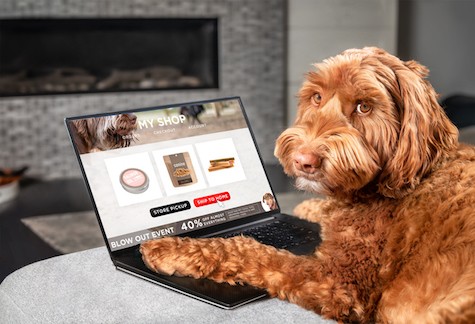Small businesses are again in the ATO’s sights this tax time, with a focus on stamping out deductions not related to business income, overclaiming of expenses, omission of business income and insufficient records to substantiate claims.

–
The ATO receives external data from a variety of sources, including the taxable payments reporting system for certain industries. This data can be used to data-match information included in tax returns to ensure completeness and accuracy. This will include not only cash, EFTPOS and credit /debit card transactions, but also online transactions like coupons, Paypal, Square and even cryptocurrency transactions.
Businesses can only claim what they are entitled to, and the claiming method may differ depending on the type of business structure. For example, sole traders need to claim deductions in their individual tax return in the “Business and professional items” schedule, while partnerships, trusts, and companies need to claim deductions in their respective tax returns.
Considerations may be needed if business operations and office moved to home. There is the possibility of deductions for occupancy costs (ie mortgage, rent, rates, insurance etc) may be available in addition to running costs of offices. However, small business owners should be aware that if they decide to claim occupancy costs as an office, then they may subject to capital gain tax (CGT) on portion of home used for business (even if main residence).
Also, may specific industries (ie building and construction, courier, cleaning, etc) also need to provide payment information for contractors under taxable payment reporting system, which will ultimately flow to other data-matching systems.
